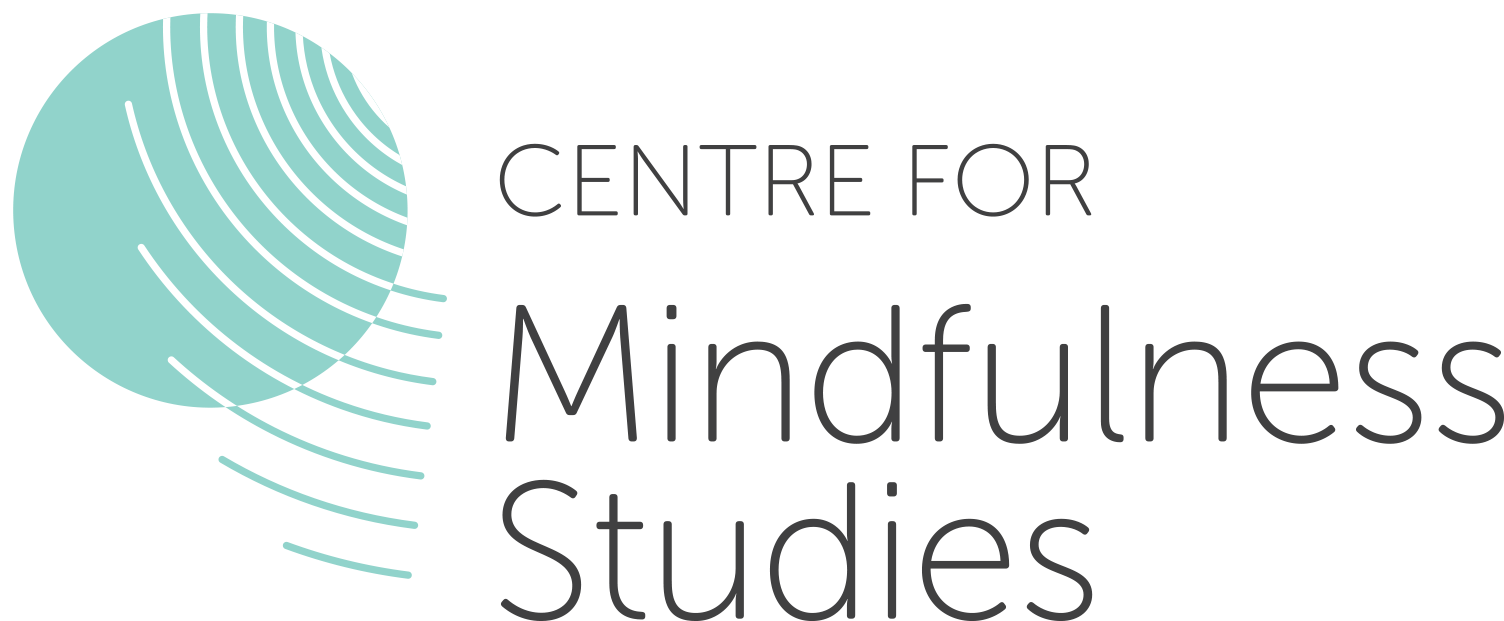Photo by Jeff Suchak.
Science will not tell us, in a broad, meaning-of-life sort of way, why we should practice mindfulness. At its heart, scientific inquiry is an epistemic rather than moral pursuit. However, it may inform us about the best practices for achieving a predefined goal. Actually, the inability of science research to dictate our deepest personal values and aspirations is part of what makes concepts articulated within a scientific framework so palatable to individualistic Westerners. Instead of presupposing that we should all seek classical Eastern ideas such as Liberation from attachment or Enlightenment, we are challenged to consider what we really value, which in itself may be a useful exercise. In my experience running meditation programs, Liberation or Enlightenment are not the typical motivation; instead, participants seek lowercase liberation from suffering or enlightenment from negative interpretations, but without complete disintegration of the values they hold dear.
It is here, once we have established desired measurable goals, that the scientific method begins to gain traction. While investigating how people change their minds for the better, we may also gain insight into how our minds work to determine well-being, contributing to a broader cultural conversation on what it means to live a good life. For example, my research has helped to distinguish between mindful attention and our culturally-inherited, habitual way of seeing the world. Using neuroimaging, we have been able to show that people have great difficulty in disengaging from narration and evaluation of experience, as exemplified by the persistent recruitment of a set of brain regions associated with conceptual self-evaluation. However, participants completing an 8-week Mindfulness-Based Stress Reduction (MBSR) course were able to reduce reliance on this evaluative network in favour of momentary awareness, indexed through increased activation of brain regions associated with sensation rather than evaluation.
In this way, scientific investigation helps to clarify a potentially fruitful focus for Westerners engaging in meditation–an initial step in mindfulness practice appears to depend on learning to flexibly disengage from the habitual process of narrating experience. Again, such research does not speak to the ultimate purpose of achieving flexibility in how one processes the world, but it helps to clarify that there is an objective bias towards such conceptual elaboration using psychological terms that may resonate with a Western audience. In further posts, I hope to tackle some of the notable successes and challenges met by contemplative science in informing meditative practice.
In my next post: what does it mean to experience negative emotions–and how does mindfulness help? Is there really more to ‘turning towards’ aversive experience than the suppression of explicit judgment?


